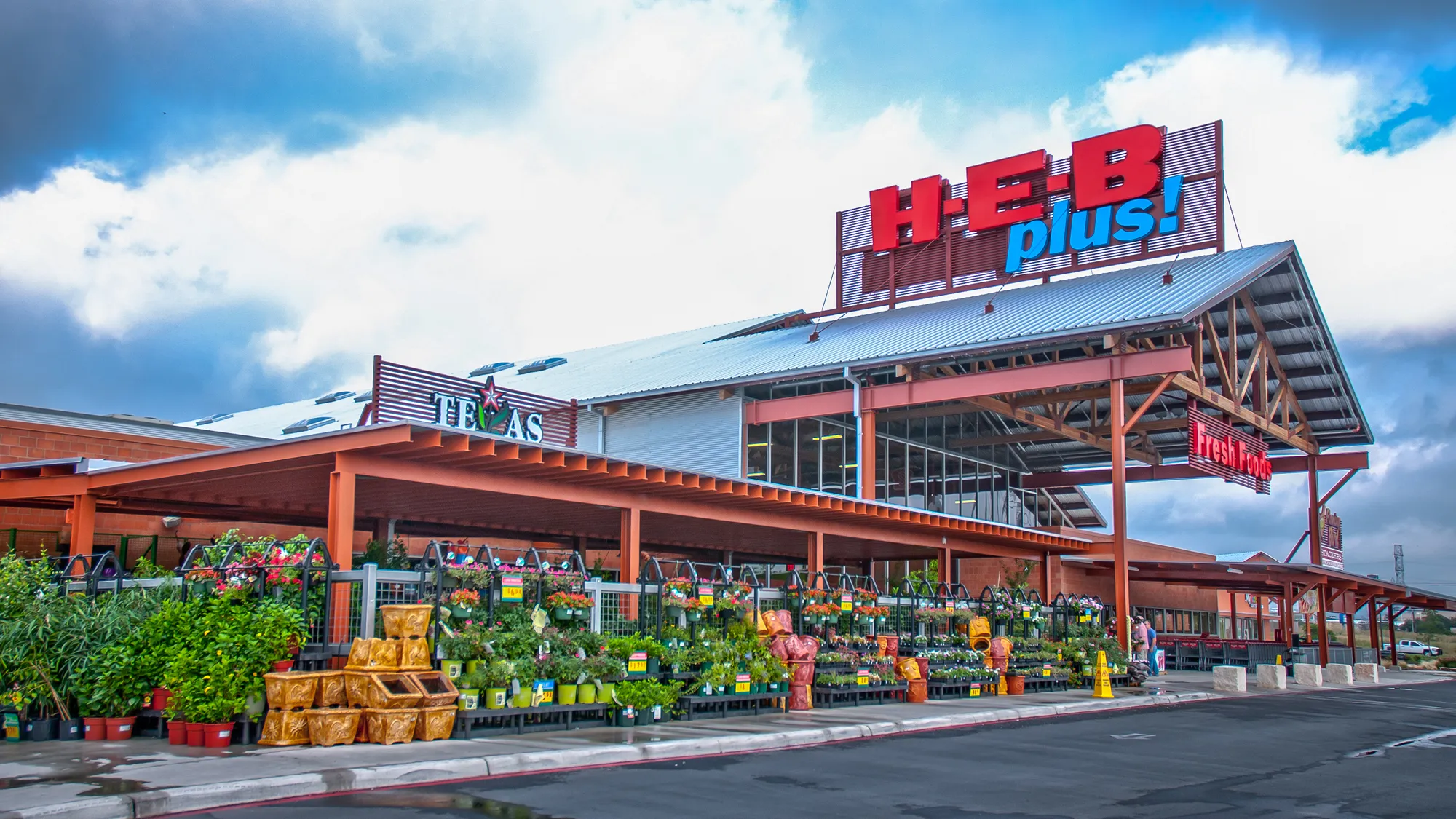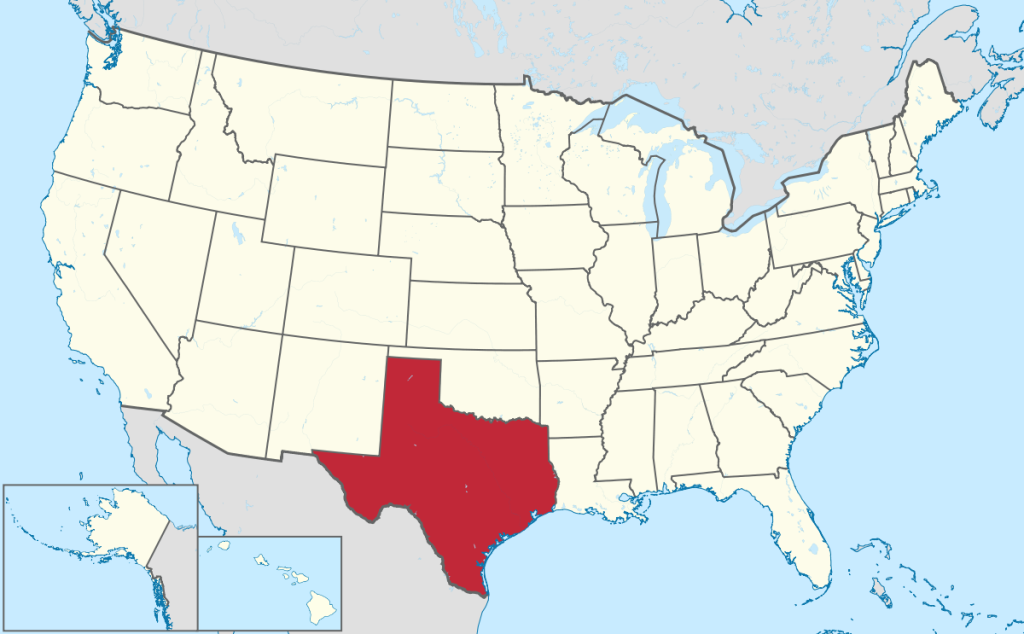Physical Address
304 North Cardinal St.
Dorchester Center, MA 02124
Physical Address
304 North Cardinal St.
Dorchester Center, MA 02124

Minimum wage in Texas remains $7.25/hour in 2025 — the same rate set federally since 2009. While some states have raised their minimum wages, Texas has not, leaving many low-income workers stuck at this level.

For someone earning the minimum wage in Texas — about $1,000 take-home per month — even a simple trip to the grocery store becomes a careful calculation.
Based on average prices in 2025:
| Item | Average Price (2025, TX) |
|---|---|
| 1 loaf of bread | $3.49 |
| 1 gallon of milk | $4.15 |
| 12 eggs | $3.79 |
| 1 lb of chicken breast | $4.98 |
| 1 lb of rice | $1.49 |
| Fresh produce (weekly) | ~$25 |
| Total Monthly Groceries (basic needs, single adult) | $320–$350 |
If you’re feeding two people, expect to spend $500–$600/month, and even more for a family.
Fast food or meal prep kits? Those are mostly off the table. Eating out regularly is a luxury — even a $12 takeout order feels risky when you’re watching every dollar.
Not all grocery stores are affordable or nearby. In many rural Texas areas — and even in some parts of cities like Houston and Dallas — residents live in food deserts where prices are inflated or access is limited. That means driving further or spending more at overpriced convenience stores.
So while national averages say “Texas is cheaper,” the lived reality can be far more complicated — especially for minimum wage earners who don’t have the luxury of choice.
Earning $7.25/hour, a full-time minimum wage worker brings in roughly $1,000 per month after taxes, which breaks down to about $33 per day. But how far does that daily budget really go?
Here’s what a single person in Texas might spend on a typical weekday:
| Category | Estimated Daily Cost |
|---|---|
| Breakfast (at home) | $1.50 (coffee + toast or eggs) |
| Lunch (packed or fast food) | $5.00 (sandwich or $ menu meal) |
| Dinner (home cooked) | $4.50 (pasta, rice, beans, veggies) |
| Utilities + Rent (daily share) | $40 (based on ~$1,200/mo housing/utilities) |
| Transportation (gas or bus) | $2.50 |
| Phone + Internet | $2.00 |
| Hygiene & cleaning | $1.00 |
| Total Daily Cost | ~$56.50 |
Assuming a full-time job (40 hours/week), earnings on minimum wage add up to about $1,160 before taxes. After deductions (Social Security, Medicare, income tax), the take-home pay is roughly $1,000/month.
Texas is generally more affordable than the U.S. average, but prices vary significantly across cities..
That adds up to approximately $1,735–$2,240/month, meaning minimum-wage earners fall short by $700–$1,200 monthly.
Major metros are more expensive:
A recent AP News feature highlights workers like TiAnna Yeldell—a single mom from Texas—working two jobs (80 hours/week) to support her children, yet earning below the living wage.
Breaking $7.25/hour means lip service to survival, but nothing more.
SmartAsset data show a single adult in Texas needs about $90,771/year to live “comfortably,” while a family of four requires over $200,000/year—far above reality for many households.
At $7.25/hour, Texas’s minimum wage is legally compliant but far from sufficient. Even in its most affordable cities, low-wage earners struggle to pay rent, buy food, and manage utilities. Until the state raises the minimum or federal laws change, many Texans will continue to juggle multiple jobs and tight budgets.